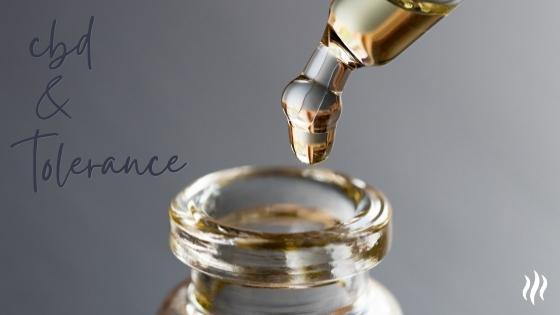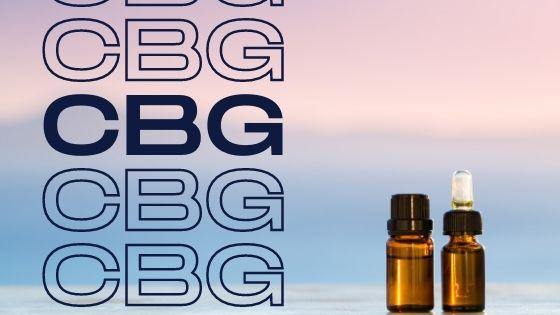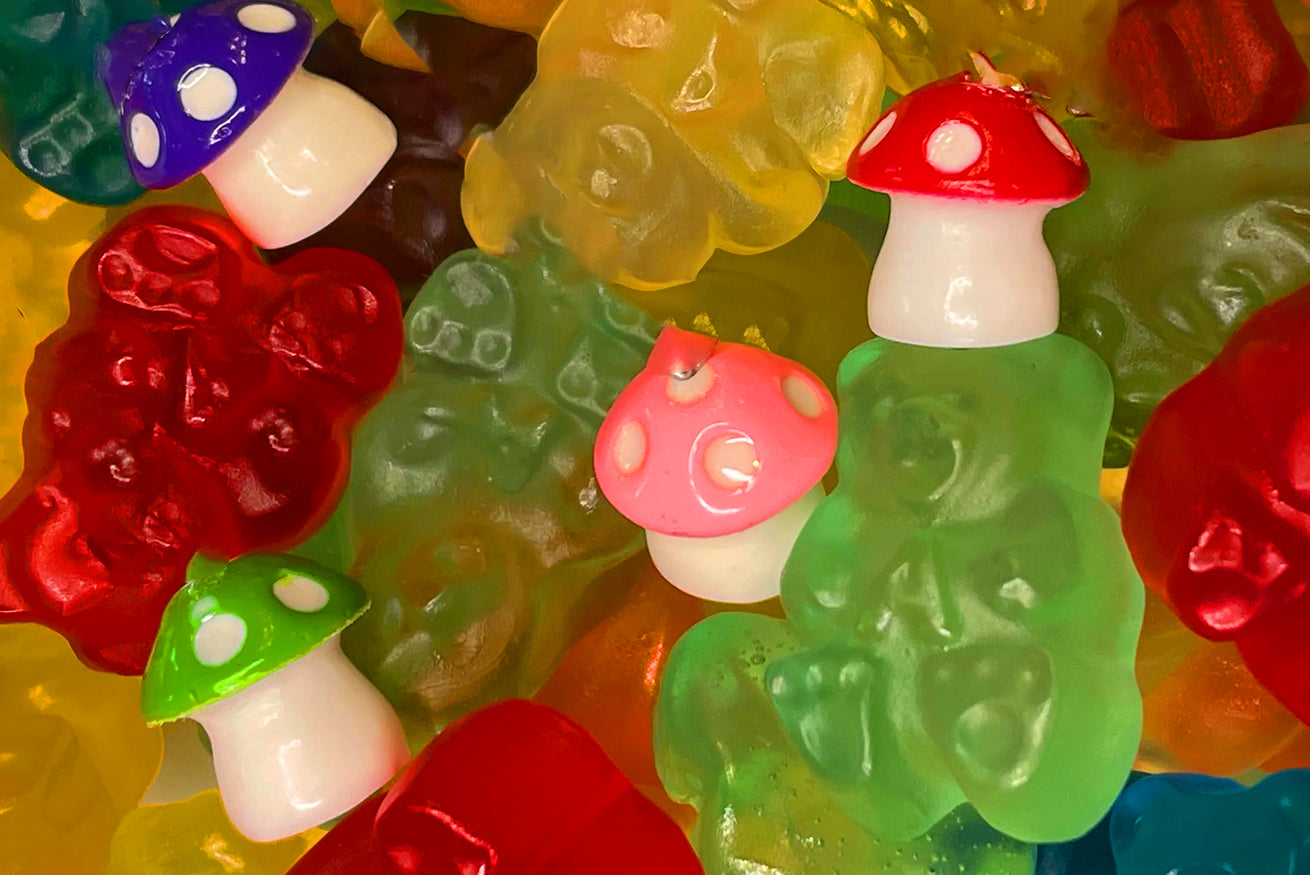CBD Tolerance: Will I Build Up A Tolerance to CBD Overtime?

Can You Build Up A CBD Tolerance?
So you are ready to try CBD, or maybe it is already part of your daily routine, and you are now wondering how your tolerance may build up over the long term. Will you be needing to increase your dosage every so often to maintain the effects you are accustomed to?
Well versed users of CBD’s cousin, THC, will know how over time you may need more and more of the compound to get the same feeling you’re used to. This is because your body will develop a tolerance to THC the more you use it, causing the need to increase your dose as time goes on.
It is a very valid concern to have when trying out CBD, wondering to yourself about how your body will react to the cannabinoid over time. Specifically, will your body build up tolerance to the compound causing you to need more after a while? Interestingly enough, CBD may actually have the opposite effect on the body that THC does in regards to tolerance. In fact, some studies have shown that the more you use CBD, the less you will need over time; this is known as reverse tolerance.

What is reverse tolerance?
Also known as sensitization, reverse tolerance happens as your body becomes more familiar with a drug or substance over time leading to needing less and less of the substance over time to get the same effects.
So how can two cannabinoids derived from the same plant have opposite tolerance effects on the body? To understand this, let’s first take a look at how they both interact with the body’s endocannabinoid system. THC, the main compound in marijuana that produces the psychoactive properties it is best known for, works by directly attaching itself to the CB1 receptors in the endocannabinoid system, essentially overwhelming the system to create the feeling of being “high”. Overtime, this effect creates a level of tolerance by desensitizing these receptors and causing them to become somewhat unresponsive to the cannabinoid, creating a build up of tolerance.
Conversely, CBD has been shown to have the opposite effect on the endocannabinoid system in that, instead of overwhelming the system as THC does, it actually relieves the system as well as promoting the creation of new endocannabinoids within the body. In fact, CBD has also been shown to help reduce the tolerance of THC when used in conjunction, as it reduces some of THC’s effects on the body.
Other Evidence to Consider

While many studies have shown that reverse tolerance with CBD occurs, there is still much research that needs to be conducted in the area to have a better, well rounded understanding of how and why this happens as some have still reported feeling that they do indeed develop a tolerance to CBD over time. If you find that this happens to you, it may be best to take a “break” from using CBD for a few days if you are able. This will help to reset your receptors and allow the CBD to provide the best possible benefits.
Side Effects of Reverse Tolerance
All in all, reverse tolerance is a wonderful thing. However, there is one important thing to consider. If your body is actually becoming more sensitive over time, it is important to be mindful of your dosage and pay close attention to how your body responds. One of the beautiful things about CBD, tinctures specifically, is the freedom you have in varying your dosage by just taking a little more or less until you find what works best in your body. While most people do this well when starting out taking CBD, it is just as important to listen to your body as you continue to use CBD as it is in the beginning. Over time, you may notice that you truly do not need to continue a higher dose and perhaps should lower your dosage. Remember, that everybody is different and we all react to things in our own ways.
Reasons Why CBD May Not Be Working For You

Have you been using CBD and not experiencing any results? Here are a few reasons why your CBD may not be working for you:
1. Finding High Quality CBD Products
Not all CBD is created equal. Unfortunately, the CBD industry is largely unregulated which means that not all brands are providing the product they claim they are. A 2017 study showed that an alarmingly high number of CBD products do not contain the CBD dosage they claim to. Look for brands that share their 3rd party lab test results to ensure you are getting what you’re paying for!
2. Figure Out The Best Way To Take CBD For Your Body
There are many creative ways to take CBD. Some people find certain methods work better for them than others. When you’re first beginning your CBD journey, take the time to discover which method of ingestion works best for you! Find out all of the ways to get your daily dose of CBD here.
3. Find The Perfect CBD Dose For You
Finding the perfect CBD dose for you can sometimes be tricky. We recommend starting small and working your way up. Opting for a CBD tincture is a great way to be flexible with your dosing when first starting out. You can adjust the dose little by little before finding what truly works best for you!
4. Take A Break
As we mentioned before, while generally CBD does not produce tolerance in most people, some people still find that they seem to develop some level of tolerance after a while. Typically, taking a 2-3 day break from CBD is enough for most to reset their system and start feeling the benefits of CBD once again.
No matter where you are in your CBD journey, there is always more to learn! Source CBD is proud to offer high quality, organically grown CBD products for humans and pets! Shop our wide selection of CBD tinctures, CBD gummies, CBD salves, CBD for pets, and all of our CBD products for sale here.
References: https://www.royalqueenseeds.com/blog-does-taking-cbd-too-often-cause-tolerance-n1089
https://cbdoilreview.org/cbd-cannabidiol/cbd-oil-and-your-body-tolerance/





Comments